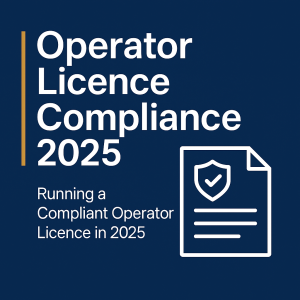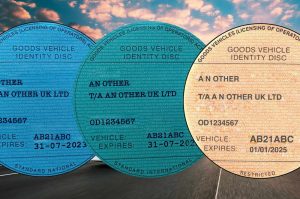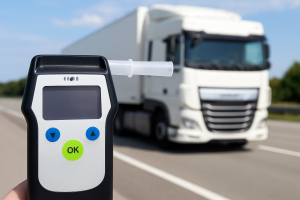HGV Daily Vehicle Checks: Why Every Driver Must Take Them Seriously
Your Legal Duty. Road Safety. Your Livelihood.
Whether you’re an experienced haulier or new to the transport industry, you must take these checks seriously. Skipping or rushing a check could lead to accidents, fines, or even losing your licence or job.
What Are HGV Daily Vehicle Checks?
HGV daily vehicle checks are pre-use safety inspections that must be performed every 24 hours the vehicle is in operation. Even if someone else drove the vehicle earlier in the day, it’s still your responsibility to check it before use.
- Walk around and inspect the entire vehicle, inside and out
- Identify any obvious safety defects
- Record the inspection, even if no faults are found
- Report any defects before driving
The Legal Framework Behind HGV Checks
In the UK, you’re legally obligated to ensure your vehicle is roadworthy. Several laws back up the requirement for HGV daily vehicle checks:
- Road Traffic Act 1988 – Driving an unroadworthy vehicle is a criminal offence.
- Construction and Use Regulations 1986 – Technical standards your vehicle must meet.
- Goods Vehicles (Licensing of Operators) Act 1995 – Requires systems to maintain vehicle safety.
- Operator Licence Undertaking – A formal promise to keep vehicles fit and serviceable.
“Drivers are not expected to be mechanics, but they must be competent to identify defects that are reasonably apparent.”
— DVSA Guide to Maintaining Roadworthiness, 2023
What Do HGV Daily Vehicle Checks Involve?
You’re not expected to dismantle anything — just inspect visible and functional safety items.
✅ Outside the Vehicle:
- Tyres: condition, tread depth, and pressure
- Wheel nuts and fixings
- Lights, indicators, and reflectors
- Mirrors, windows, and windscreen
- Fuel, oil, coolant, and AdBlue leaks
- Number plate visibility
- Load security and trailer coupling
- Exhaust smoke and emissions
✅ Inside the Cab:
- Horn and dashboard warning lights
- Wipers and washers
- Seatbelt condition and operation
- Brakes, handbrake, and foot controls
- Height marker displayed correctly
Why HGV Daily Vehicle Checks Matter
Failing to carry out proper checks can result in serious consequences:
- Prohibition notices or fixed penalties
- Prosecution under the Road Traffic Act
- Referral to the Traffic Commissioner
- Loss of Operator’s Licence
- Suspension or dismissal from employment
Do You Need to Be a Mechanic?
No — but you do need to be competent and trained in what to look for.
- Know which components to inspect
- Identify defects
- Log the inspection clearly
- Report faults immediately
Recording HGV Vehicle Checks: What’s Required?
All HGV daily vehicle checks must be recorded — even if no defects are found. This protects you if something goes wrong later.
- Driver’s full name
- Date and vehicle registration or ID
- Any defects found or “nil defect” confirmation
- Name of the person the defect was reported to
Note: Operators must retain check records for at least 15 months.
Why It’s In Every Driver’s Best Interest
Doing your daily check properly protects you, your vehicle, your operator, and everyone else on the road. It shows professionalism, prevents breakdowns, and safeguards your licence.
Daily Checks — The Right Way
- Walk around the entire vehicle
- Check all DVSA-required safety points
- Record the check — defects or nil
- Report issues immediately
- Never drive an unsafe vehicle
Final Word
HGV daily vehicle checks are a legal necessity — and they save lives. Take them seriously. A missed fault could be the difference between a safe journey and a serious incident.
At Transcom National Training, we offer practical, hands-on training so drivers know exactly how to carry out inspections that meet legal and safety standards.
👉 Contact us today to book a team training session or get more information.








